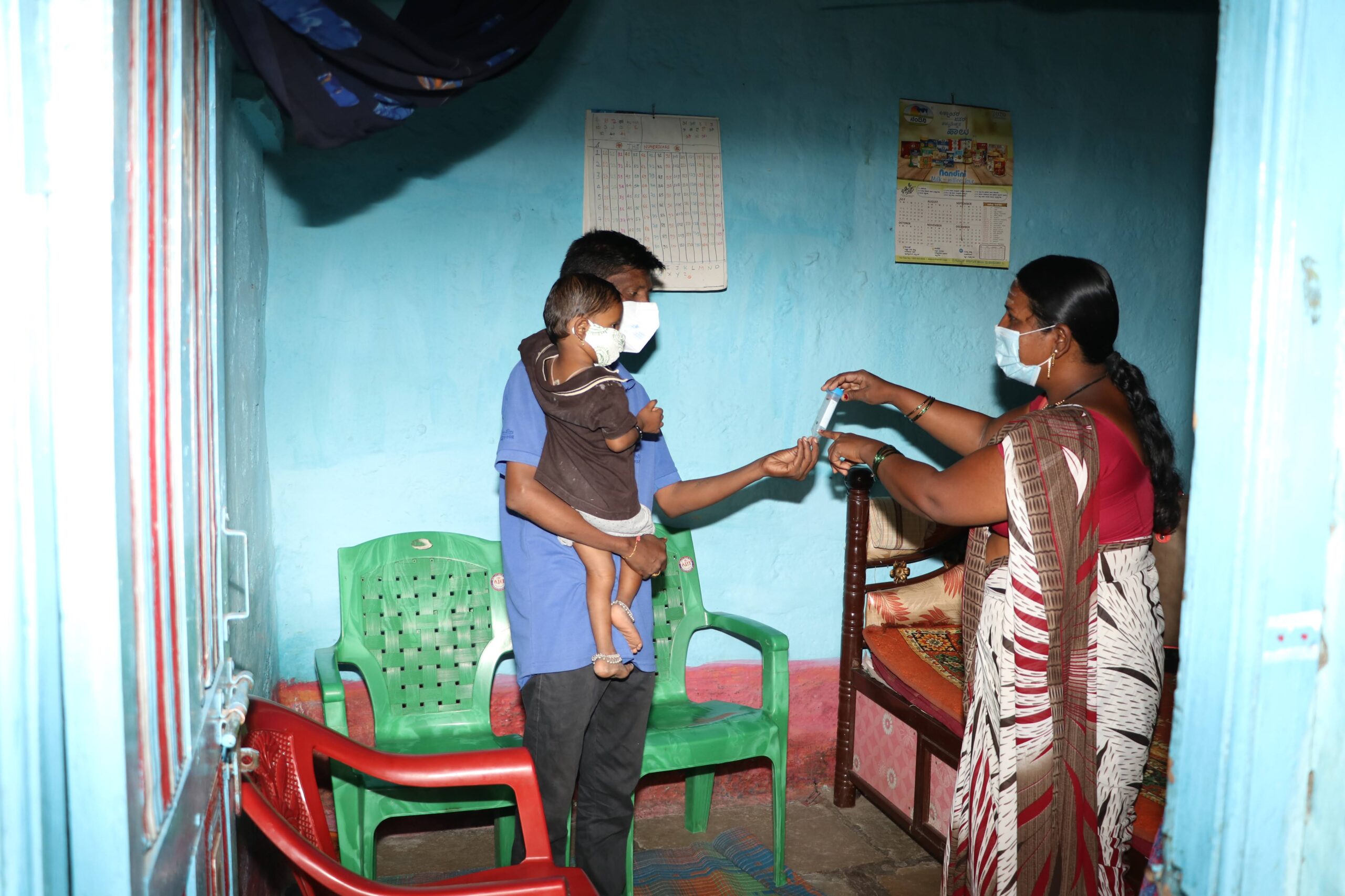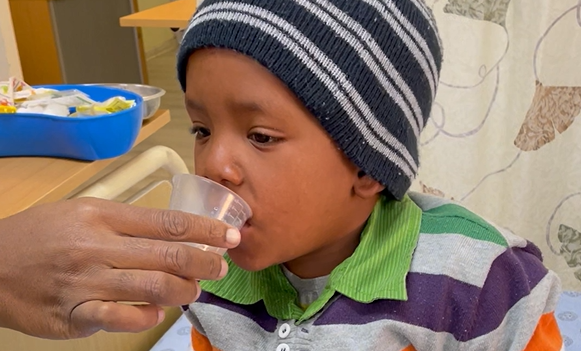The problem
Diagnosing multidrug-resistant tuberculosis (MDR-TB) is extremely difficult in resource-poor settings, where access to laboratories with sophisticated equipment is often limited.
Download the project evaluation
Our response
The project sought to improve MDR-TB case detection by introducing state-of-the-art, quality-assured diagnostic technologies and laboratory services in 27 low-income countries with high burdens of tuberculosis. The project upgraded and established 103 laboratories across the project countries, training staff, transferring technology and supplying new diagnostic products, including tests for individuals suspected of having MDR-TB. It also achieved considerable price reductions for sophisticated diagnostic equipment and supplies through special negotiations and competitive tenders.





